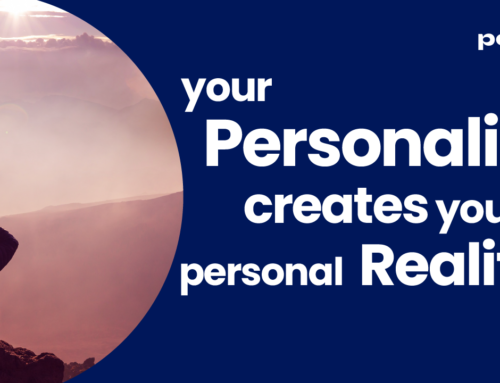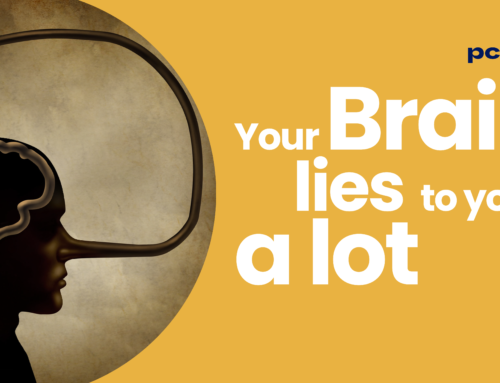There is no such thing as weaknesses, only undeveloped potential
This is a concept that can be applied to every aspect of life. Whether it be personal growth or professional development, the idea that there is no limit to what we can achieve when we push past our limitations is a powerful one.
We all have things that make us uncomfortable, whether it is speaking in public or trying to connect with certain people. It is easy to fall into the trap of sticking to what is comfortable, even when we have the best intentions of changing our habits. There are even programs that recommend focusing only on our strengths and forgetting about our weaknesses. But this approach misses a crucial point: the only way to truly improve is to work on our weaknesses.
Think of it like stretching before going for a run. Even if we’re not top athletes, we all know that “easing into the uncomfortable” is the way to improve and stay healthy. In a recent interview, Tim Bateman, former professional rugby player for the Crusaders, spoke about his fear of being an imposter when he started his career at 18. He was too scared to put himself outside of his comfort zone and for the first three years, he didn’t practice tackling because he was scared that the ‘boys’ or his coaches would see his weakness.
We often justify our lack of willingness to move from the trodden path with phrases like “it’s just not me,”, “why should I be the one who changes?” or “it’s not my strength.” However, the truth is that it is often a lack of knowledge on how to access our hidden potentials that make us feel uncomfortable, and a lack of perseverance to keep practicing and pushing our boundaries until the unknown becomes known.
Just imagine how amazing it would be to access all of your hidden potentials and extend your comfort zone to places you never thought possible.
The Process Communication Model is a tool that can help us do just that. It not only shows us our home turf but also where our potential for development lies. We learn how to feed our internal batteries, which give us the energy to reach outside our comfort zone. Once we do that, we not only extend our own range of behaviours, but we also connect much easier with others because their behaviour and language is not foreign to us.
To keep in line with the sports analogy, many top athletes contribute their success much more to their willingness to put the work in rather than their innate ability or talent. Novak Djokovic expressed his view that talent counts only for a small percentage of the end result in life. Djokovic is a great example of someone who has pushed past his limitations to achieve greatness.
How are you doing with keeping your energies charged, exploring your hidden potentials, doing things that are outside your comfort zone, building healthy relationships, and not slipping into non-productive behaviours? If you’re struggling with any of these things, consider learning the techniques and principles of the Process Communication Model. It will help you stretch yourself into the unknown, and you might discover a whole new side of yourself that you never knew existed. Remember, there is no such thing as weaknesses, only undeveloped potential.





